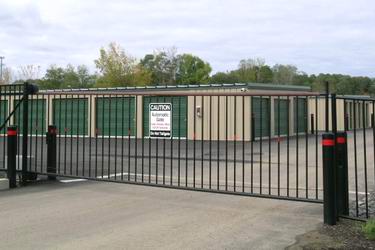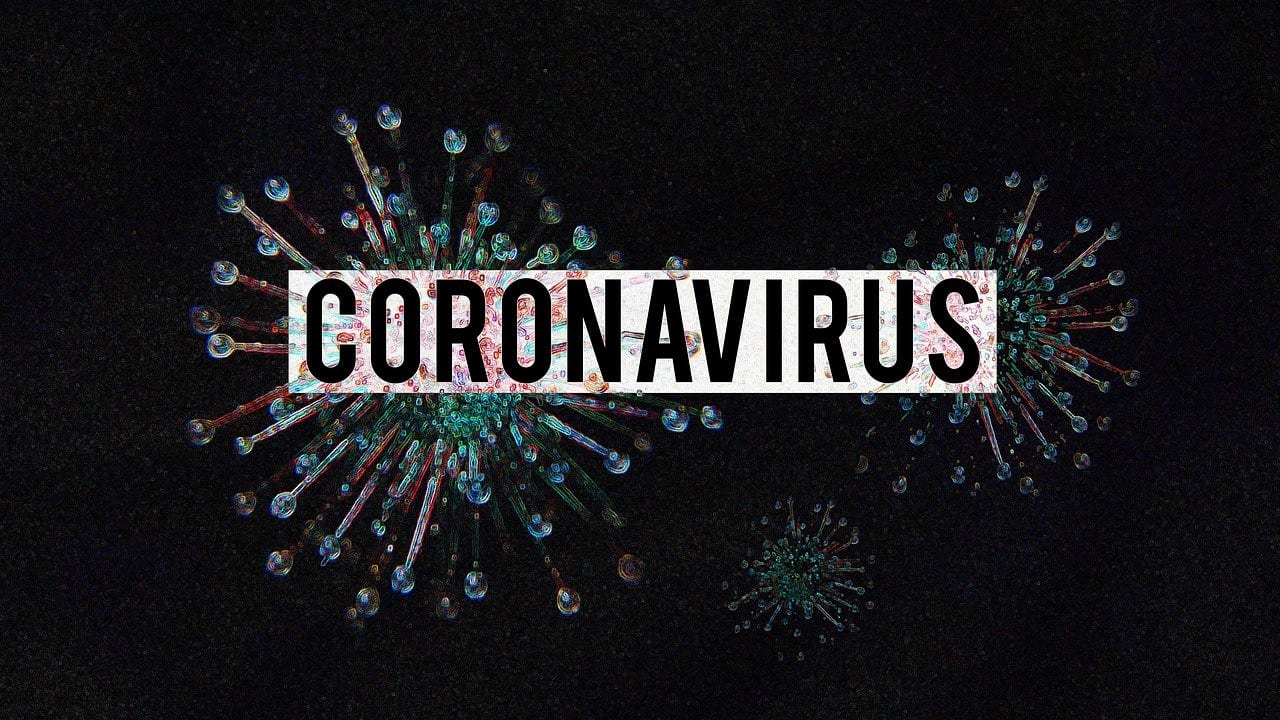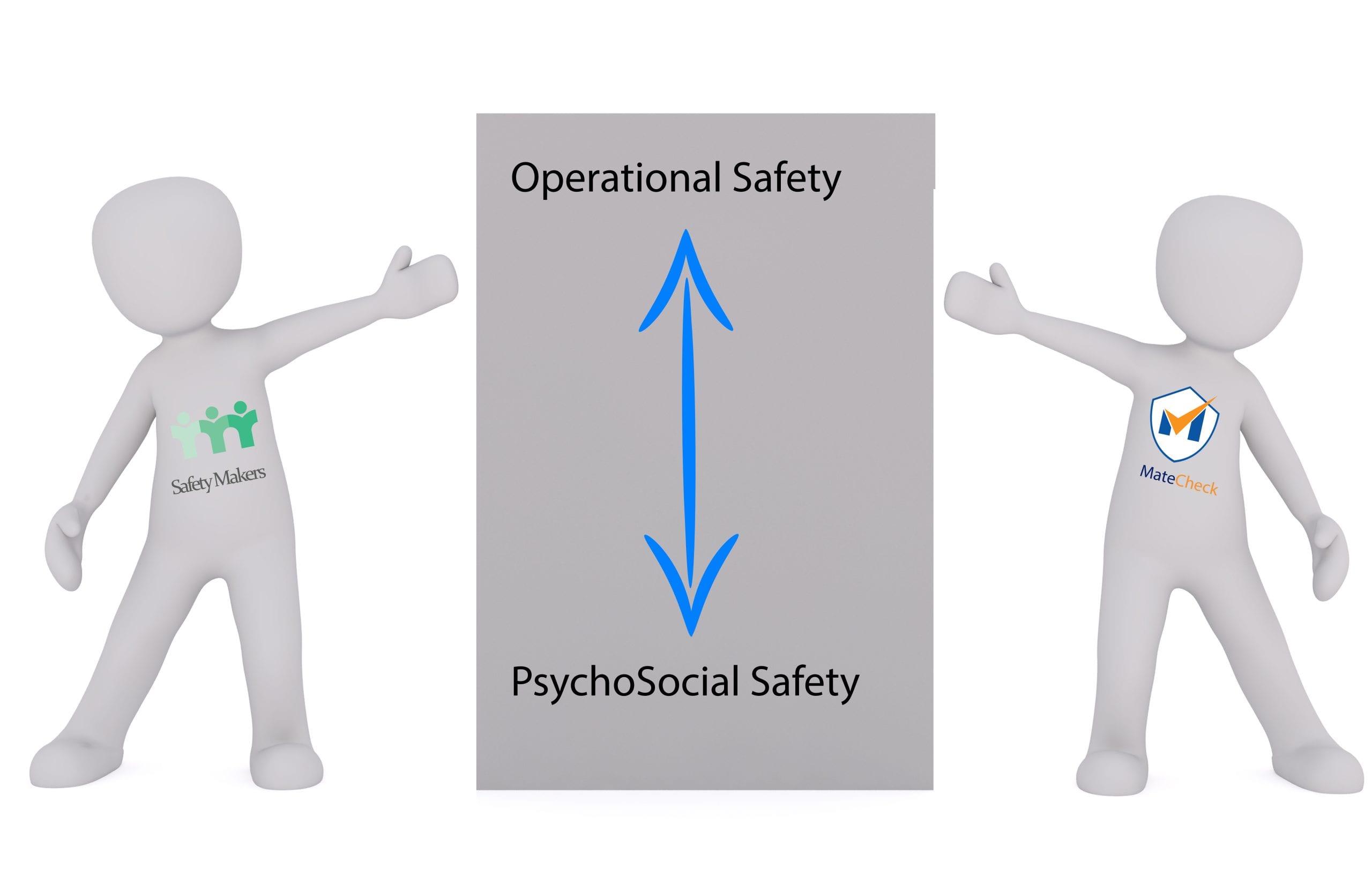Franchising safety
Are you a Franchisor or Franchisee ?
Let’s talk about franchise group workplace safety and complying with workplace safety legislation.
Changes to workplace safety legislation in 2012, have seen the introduction of a national “harmonised” approach to Workplace Health & Safety. These changes have major implications for the franchising industry.
Franchisors would be well advised to address these changes proactively and quickly, but what do Franchisors and Directors (officers) of Franchise groups need to do to comply? Now more than ever, Franchisors and Directors need to demonstrate due diligence in workplace safety across their entire franchise network.
Due diligence means undertaking everything that is reasonable to ensure the health and safety of those in the working environment, and can be achieved by putting in place a safe system of work. Putting documentation such as policies, procedures and checklists in place is not demonstrating that you have created and maintained a safe system of work.
Having the required documentation is a great start, but to show a safe system of work, your franchisees and you as the franchisor actually need to demonstrate that you use, review and improve the system as required and regularly. Having a workplace safety system that actually works should be high on the list of priorities for all franchise groups.
Officer of a PCBU
The harmonised WHS Act acknowledges that while a PCBU may have a primary duty to the workplace health and safety of their workers, WHS initiatives and consequently compliance is administered by individuals. Those individuals whose actions can influence compliance with WHS laws and the culture within the PCBU are deemed to be officers and as such the Act imposes a duty of due diligence on them.
This duty requires that they take reasonable steps to create a safer workplace, that they allocate sufficient resources to workplace health and safety (including putting in place appropriate WHS policies, procedures and practices) and that they are accountable for their actions. Officers can be held personally liable for failing to meet their duties.
Person Conducting a Business or Undertaking
Essentially, the harmonised WHS Act places a primary duty of care (among other specific duties and obligations), where reasonably practicable, on any Person Conducting a Business or Undertaking (PCBU). This is a deliberately broader definition than “employer – employee” and is designed to take into account modern working arrangements – contractors and franchisors included.
A PCBU owes this duty to workers engaged or caused to be engaged by the PCBU, or whose activities are influenced or directed by the PCBU while at work – or more broadly as “a person who carries out work in any capacity for a person conducting a business or undertaking”.
Specifically, franchisors will owe this primary duty to franchisees by virtue of the fact that they:
- Supply franchisees with an Operations Manual (even if that is supplied by a third party);
- Supply franchisees with a WHS Manual and WHS management tools;
- Allocate work to franchisees;
- Can contractually require compliance with relevant legislation;
- Can contractually require franchisees do not bring the brandinto disrepute; or
- Can impose sanctions for non-compliance with the contract.
On this basis, it can be argued that a franchisor is the PCBU of the franchisee. It should also be noted that a franchisee can be a PCBU in his or her own right also, and will owe primary duties to anyone considered to be their worker. You should also note that you cannot contract out your duties.
Discharging of Duties
There are many challenges in business in general, and franchising in particular around generating work, developing your brand and system and finding suitable franchisees. Workplace health and safety potentially adds another drain on finite resources.
While a franchisor cannot contract away his or her legal obligations, they can set up a safety management system with which a franchisee must comply. The information collected via this system will enable a franchisor to discharge the duties imposed by the Act quite easily and the franchisor only has to monitor the franchisees compliance with the system, with the obligation to supply accurate information passed back to the franchisee.
As a Franchisor, you should ensure that whatever you do, that your efforts are to make a genuine attempt to create a culture of safety within your business. You may have a WHS policy or a Safe Work Procedure (SWP), but if no one in your business knows about them, your franchisees don’t follow them or you don’t enforce them, it is going to be hard to convince an inspector or a judge that you are serious about safety.
More importantly, having a workplace safety system should preserve your human workforce, save money and reputation.
SAFETY MAKERS
INTELLIGENT WORKPLACE SAFETY SOLUTIONS
Phone: 0448 27 32 32








